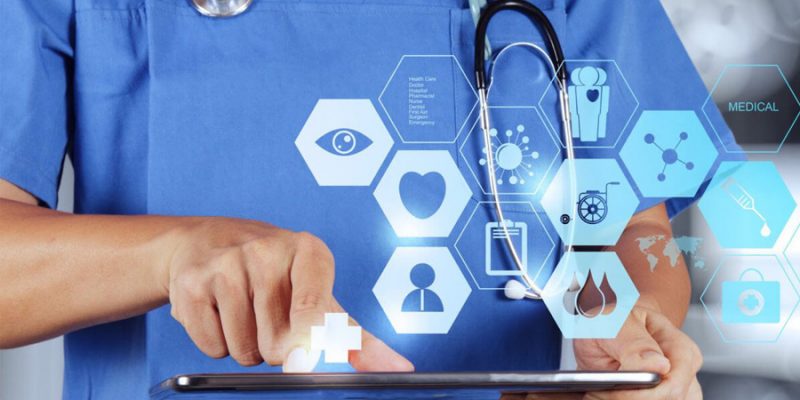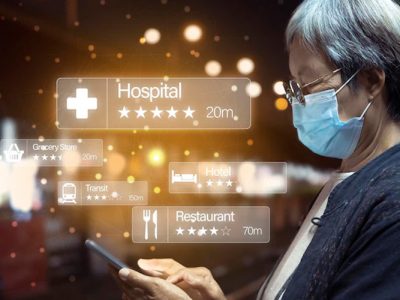
Data management can be efficiently implemented in healthcare using Proactive Machine Learning Models
Data and analytics play a supportive role in decision-making. It is now being used in never-before-seen places. Data analytics is now capable of not only explaining, diagnosing, forecasting, or even advising the optimal actions, but also of automatically triggering such activities. The goal of many firms is to reduce job performance time and volume of human labor, which is now driving healthcare, a new field of application.
The application of machine learning procedures to a proactive model could help healthcare organizations acquire and analyze data more quickly. According to Yuan Luo, Ph.D., associate professor of Preventive Medicine in the Division of Health and Biomedical Informatics and lead author of the JAMA publication, proactive models require less expert input, which is a boon in dynamic situations like pandemics or situations which need many decision points like chronic disease management.
What is the Proactive Machine Learning Model?
Machine learning (ML) algorithms are routines that employ statistical approaches to extract valuable patterns from large amounts of data. Expert involvement is necessary at every step in a traditional model, from collecting data through feature engineering and training to implementation and analysis. A proactive model can automate some of these processes, such as evaluating existing data to inform fresh data collection methods.
PML (Proactive Machine Learning) is a complete DSML (Data Science and Machine Learning) platform that includes an ML Studio, AutoML, Data Science Orchestration, and MLOps for the deployment, training, execution, and scaling of AI and machine learning models on any type of infrastructure. The solution, designed for data scientists and machine learning engineers, is easy to use and speeds up the development and deployment of machine learning models. The Proactive Machine Learning platform offers a diverse set of generic machine learning tasks that can be combined to create basic or advanced machine learning workflows for a variety of use cases, including fraud detection, text analysis, online offer recommendations, equipment failure prediction, facial expression analysis, etc.
Users can use PML workflows to manage machine learning pipelines throughout the development lifecycle and to better regulate task parallelization by running tasks on resources that meet the limitations (Multi-CPU, data locality, libraries, etc).
What is its Role and Benefits in Healthcare
One of the most outstanding examples of using Proactive Machine Learning in Healthcare can be found in Greece, where proactive ML was utilized to better target entry tests for visitors. The Eva model classified tourists into risk groups based on their age, gender, and travel history, providing a more accurate risk assessment than simply looking at their country of origin. This allowed Greek public health officials to better distribute limited PCR testing in order to detect sick passengers.
Eva automatically warned Greek officials that risk assessments were based on few or old data and needed to be updated, assisting in the targeting of new data gathering that would be subsequently put into the model.
“This alerted the human specialists where they required additional data or whether there was an emerging high-risk category,” Luo explained. Proactive machine learning models are currently uncommon in general, owing to their complexity and unfamiliarity, but they could be effective in domains with a long time horizon and numerous decision points, such as chronic care management. He went on to say that if one (healthcare practitioner) can model the complex circumstances faced by the patient, it might be a game-changer and that each decision would impact the model and assist inform the next decision.
However, these models must eventually make the transition from the virtual lab to the beds of the patients and the workplace of a healthcare professional.
We can observe how quickly machine learning is evolving and how problems that existed only a few days ago are now solved. Machine learning solutions are evolving from passive scientific tools to end-to-end autonomous proactive decision-makers. These new proactive technologies such as proactive ML have a wide range of applications, especially in the healthcare industry with the usage of data collection, analysis, and handling techniques only growing in the coming years.



















